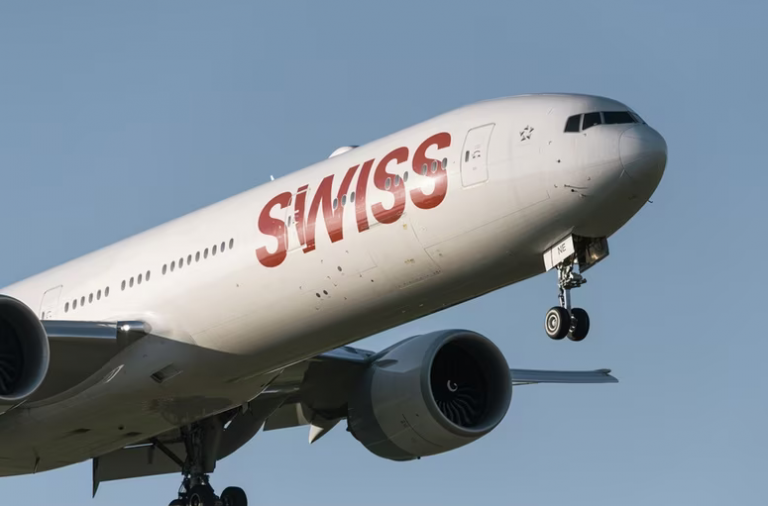Switzerland is one of the most connected countries on the planet, but mobile and internet users in still grumble about lack of choice, unwelcome cold-calling from companies, and high roaming charges when travelling abroad.
The revised Telecommunications Actexternal link, sent by the cabinet to the parliament on Thursday, makes a stab at tackling some of these issues.
It notably outlines steps to reverse a trend towards the country becoming a high-price anomaly of roaming charges, surrounded on all sides by a European Union (EU) that has harmonized costs across the continent.
With no bilateral agreement on the cards with the EU, the cabinet is proposing to take the matter into its own hands: it would accord itself the power to set caps on roaming charges, and may also oblige providers to charge roaming calls by the second, not by the minute.
This would mean that for a call lasting three minutes and four seconds, you would no longer pay for a full four minutes. The same logic could also apply to data roaming, whereby consumers would pay in packets of ten kilobytes.
More competition, more peace
Elsewhere, the government also wants to stimulate more competition within the domestic market, and has called for telecoms infrastructure in apartment buildings to be opened up to all providers, rather than one provider being ‘forced’ upon the consumer.
Under the proposal, dominant networks such as Swisscom would have to share access not only to copper wire cables, but also to more modern infrastructure like fibre-optic. Consumers would thus have more options, theoretically at driven-down prices.
Another plus for those tired of running from the dinner table to the phone only to discover a call-centre operator, is the demand that telecoms providers take more of the onus in filtering incoming calls.
Unlisted numbers, currently not immune to this phenomenon, would henceforth be considered as undesiring of such calls. The commercial disruptors themselves would be obliged to display their numbers.
Next steps
The cabinet justified the changes in referring to a “completely transformed” telecoms market to that of 1997, when the initial act was passed. Since then, it self-evidently said, “internet services such as videotelephony, messengers and chats are increasingly replacing traditional telecommunications services”.
Opponents are likely to say that the changes are the sign of overbearing governmental control over the telecoms market.
The draft legislation is now in the hands of parliament.
Full story here Are you the author? Previous post See more for Next postTags: Business,newslettersent








































